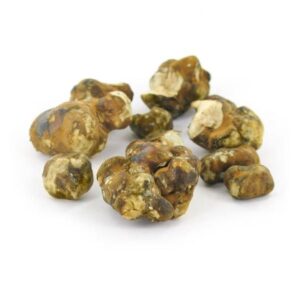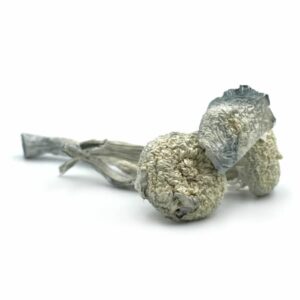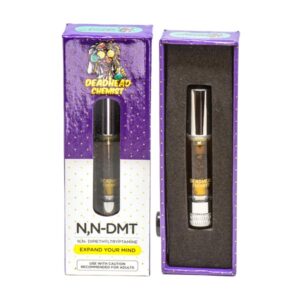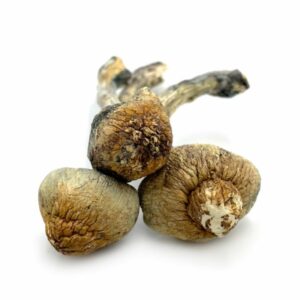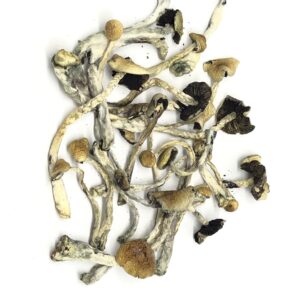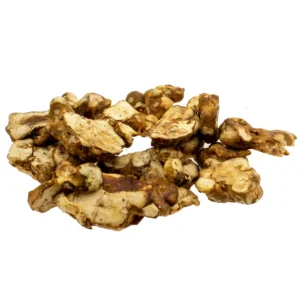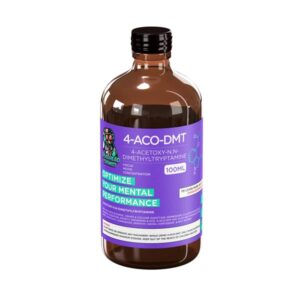Microdosing, the practice of taking sub-perceptual doses of psychedelics like psilocybin, has gained traction not only for its potential mental health benefits but also for a range of other wellness improvements.
As interest in this practice grows, it is essential to explore the various health benefits that microdosing may offer beyond just alleviating symptoms of anxiety and depression.
What is Microdosing?
Microdosing typically involves consuming about 0.1 to 0.5 grams of a psychedelic substance every few days. The goal is to experience subtle enhancements in mood, creativity, and cognitive function without the intense effects associated with larger doses.
Many users report that microdosing allows them to maintain their daily routines while experiencing positive shifts in their overall well-being.
Health Benefits Beyond Mental Health
- Enhanced Focus and Cognitive Function: One of the most commonly reported benefits of microdosing is improved focus and cognitive performance. Users often claim that microdosing helps them concentrate better, reduces mind wandering, and enhances problem-solving abilities. Studies have indicated that microdosers experience increased absorption and engagement in tasks, which can lead to higher productivity levels in both personal and professional settings.
- Increased Energy and Wakefulness: Many individuals report feeling more energized and awake on days they microdose. This boost in energy can help combat fatigue and improve overall motivation throughout the day. Anecdotal evidence suggests that microdosing may reduce reliance on stimulants like caffeine, as users feel more naturally alert.
- Improved Mood and Emotional Well-Being: While mental health benefits are often highlighted, the broader implications for emotional wellness are significant. Users frequently report enhanced mood, increased optimism, and a greater appreciation for life. A study indicated that 90% of respondents experienced improved mood as a result of microdosing, showcasing its potential to foster a more positive outlook on life.
- Creativity Boost: Microdosing is often associated with enhanced creativity, making it popular among artists and professionals in creative fields. Users claim that it allows them to think outside the box and approach problems from new angles. While scientific validation is still limited, many believe that the combination of reduced anxiety and heightened focus contributes to this creative boost.
- Support for Habit Change: There are anecdotal reports suggesting that microdosing may help individuals reduce or quit unhealthy habits such as smoking or excessive drinking. Some users find that microdosing diminishes cravings for addictive substances, potentially aiding in recovery from substance use disorders.
- Physical Health Improvements: Emerging discussions around microdosing also touch on its potential effects on physical health behaviors. Some users report improvements in exercise habits, eating patterns, and sleep quality while microdosing. These changes can contribute to overall wellness by encouraging healthier lifestyle choices.
Considerations and Cautions
While the potential benefits of microdosing are compelling, it is important to approach this practice with caution:
- Limited Scientific Research: Much of the existing evidence supporting the benefits of microdosing is anecdotal or based on self-reported data. Rigorous scientific studies are needed to validate these claims and understand the long-term effects of microdosing on various aspects of health.
- Individual Variability: Responses to microdosing can vary significantly among individuals due to factors such as body chemistry, mental health history, and dosage practices. What works for one person may not work for another, making it essential for individuals to monitor their experiences closely.
- Potential Side Effects: While many report positive experiences with microdosing, some individuals may experience adverse effects such as increased anxiety or discomfort. It is crucial for anyone considering microdosing to be aware of these risks and proceed with caution.
Conclusion
Microdosing presents an intriguing possibility for enhancing wellness beyond just mental health improvements. From increased focus and energy to emotional well-being and support for habit change, the potential benefits are diverse and promising.
However, as interest grows in this area, further research is essential to substantiate these claims and ensure safe practices.
For those considering microdosing as part of their wellness journey, it is advisable to start slowly, set clear intentions, and keep track of personal experiences while remaining mindful of individual variability in responses.
As our understanding of psychedelics continues to evolve, so too will the conversation around their role in holistic health and well-being.

